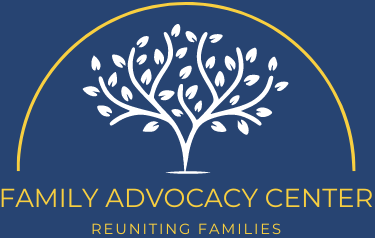Trauma & PTSD
Trauma and post-traumatic stress disorder (PTSD) can have a significant impact on an individual's mental health and overall well-being. Trauma can be defined as a deeply distressing or disturbing event, such as a natural disaster, physical or sexual assault, or a serious accident. PTSD is a mental health condition that may develop in some people after experiencing or witnessing a traumatic event.
Symptoms of PTSD can include flashbacks, nightmares, avoidance of reminders of the trauma, emotional numbness, and feelings of guilt or shame. These symptoms can be debilitating and make it difficult for individuals to function in their daily lives.
Therapy is an effective treatment for PTSD. One of the most widely used therapy for PTSD is called cognitive-behavioral therapy (CBT). CBT is a form of talk therapy that helps individuals understand and change their thoughts and behaviors related to the trauma. The therapist works with the individual to identify and challenge negative thoughts and beliefs, as well as to develop coping strategies for managing symptoms.
Eye movement desensitization and reprocessing (EMDR) is another type of therapy that has been found to be effective for treating PTSD. EMDR is based on the idea that traumatic memories are stored in the brain differently than other memories, and that by processing these memories through a specific type of eye movement or other bilateral stimulation, individuals can reduce the emotional distress associated with the memories.
Other therapies like mindfulness-based therapy and somatic experiencing therapy also have been found to be effective in treating PTSD. Mindfulness-based therapy helps individuals to focus on the present moment and to develop a non-judgmental awareness of thoughts, feelings, and physical sensations. Somatic experiencing therapy is a body-based approach that helps individuals to process and release unresolved traumatic stress.
It is important to note that treatment for PTSD may not be a one-size-fits-all approach. The best treatment plan for an individual will depend on their specific needs and preferences. It is also important to have a support system in place, such as friends, family, or a support group, to help individuals cope with the challenges of living with PTSD.
In conclusion, trauma and PTSD can have a significant impact on an individual's mental health. However, therapy is an effective treatment that can help individuals manage their symptoms and improve their overall well-being. Different types of therapy, including cognitive-behavioral therapy, EMDR, mindfulness-based therapy and somatic experiencing therapy, have been shown to be effective in treating PTSD. It is essential to work with a therapist to develop a customized treatment plan that addresses the unique needs of the individual.

